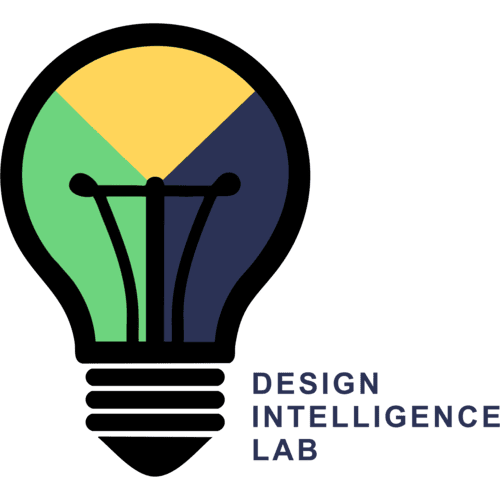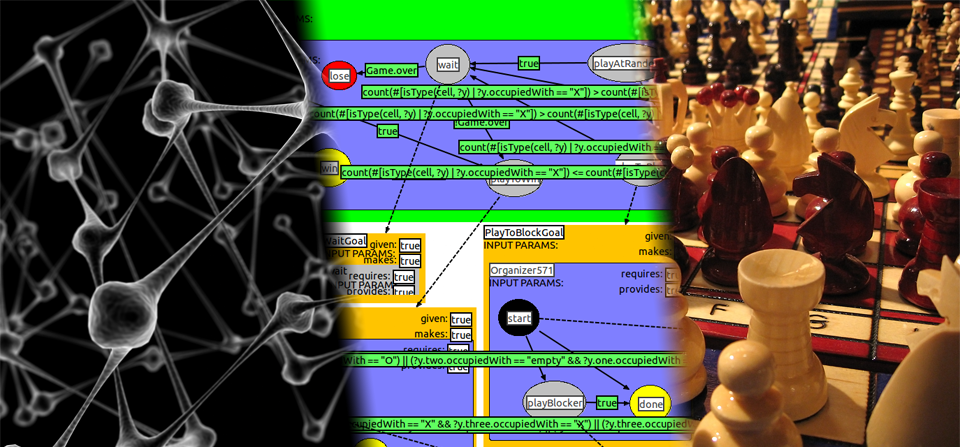Andrew is a PhD student in Computer Science specializing in Machine Learning and Interactive Intelligence. He is interested in Artificial Intelligence and Computational Biology. Prior to Georgia Tech, he did research in financial derivatives with Dr. Robert E. Whaley at Vanderbilt University.
Author Archive: LabManager
Hiring a full-time research scientist and a half-time post-doc
Date: August 31, 2020
Georgia Tech’s Design Intelligence Laboratory (http://dilab.gatech.edu/) in the School of interactive Computing is seeking two Research Scientists.
1. Full-time Research Scientist I in AI/ML
Lead software developer for the Jill Watson research team (https://emprize.gatech.edu/) as part a new industry/academia collaborative project sponsored by the NSF Convergence Accelerator program. The RS will work with Georgia Tech’s Design & Intelligence Laboratory, C21U, EduWorks, and other partners, focusing on developing AI question answering agents. Job requires knowledge of AI, ML and NLP techniques, and experience with Python, SQL, Linux, and JavaScript. The RS will also help coordinate and document the project. This work can be done remotely but will require intense teamwork. Minimum qualifications: B.S. or M.S. with 5 years of experience in software development. Contact: Professor Ashok Goel at goel@cc.gatech.edu
2. Half-time Post-Doctoral Research Scientist II in Participatory and Human-Centered Design
Postdoctoral research scientist for the Jill Watson research team (https://emprize.gatech.edu/) as part of a new industry/academia collaborative project sponsored by the NSF Convergence Accelerator program. The RS will work with Georgia Tech’s Design & Intelligence Laboratory, C21U, EduWorks, and other partners, focusing on participatory and human-centered design of AI question answering agents. The RS will also help coordinate and document the project. This work can be done remotely but will require intense teamwork. Minimum qualifications: Ph.D. Contact: Professor Ashok Goel at goel@cc.gatech.edu
Get Involved
Date: Mar 11, 2021
Job Description: The is a full-time post-doctoral Research Scientist I position in the School of Interactive Computing at Georgia Tech. The Research Scientist will focus on designing and developing AI techniques and tools for supporting online and blended learning, and for deploying and evaluating them at scale within Georgia Tech. We are especially interested in further developing, deploying, and analyzing extant AI technologies for intelligent tutors, conversational agents, question answering, social interactions, virtual laboratories, and virtual librarians. In particular, the Research Scientist will work with the faculty and students in Georgia Tech’s Design & Intelligence Laboratory to help develop these technologies and work with faculty and students across Georgia Tech to deploy and evaluate them.
This position requires expertise in AI as well as human learning and education. It also requires skills in software development, project management, data collection and analysis, documentation, as well as working with people.
Contact: Professor Ashok Goel at goel@cc.gatech.edu
TA Spotlight: Rohit Mujumdar

When can social distancing be relaxed? How many people will get COVID-19 in my area?
The VERA team has made a video about our work on the use of VERA to model the spread of COVID-19
VERA Models the Spread of COVID-19
The VERA team modeled the impact of social distancing on the spread of COVID-19. The simulations show that practice of social distancing slows the spread of COVID-19 (“flattens the curve”).
With VERA, you can explore parameter values and see for yourself the flattening of the curve. Interested in learning more? Visit VERA-Epi or read the white paper.

GAIA: Adaptive Game-Playing Agents
The designs of long-living interactive games evolve through many versions. Changes from one version of a game to the next are typically incremental and often very small. A game designer (or a team of game designers and software engineers) formulates the requirements of the new version of the game, adapts the software for playing the previous versions to meet the new requirements, and implements and evaluates the modified designs of the game and the software. Typically the game designer uses high-level scripting languages to define the game environment (e.g. percepts, actions, rules, constraints) as well as the behaviors of various virtual agents in the game.
We posit that an interesting research issue in game playing is how a virtual agent might adapt its design, and thus its behaviors, to very small changes in its game environment. If the changes in the game environment can be arbitrarily large and complex then this becomes an “AI-complete problem.” However, even if the changes to the game environment are incremental and very small, this is a hard computational problem because changes to the environment can be of many types, modifications to the agent design can be of many types, there is no one-to-one mapping between changes to the environment and modifications to the agent design, and any modification to the agent design needs to be propagated down to the level of program code so that the new software is directly executable in the game environment.
The goal of this project is to develop an interactive environment called GAIA (for Game Agent Interactive Adaptation) in which the game designer generates requirements for a new version of a game, and the designer and the legacy software agents from previous versions of the game cooperatively adapt the agent designs to the new game requirements. We are developing and testing our meta-reasoning technique for adapting a mature program in the domain of turn-based, multi-player, strategy games (specifically FreeCiv).
Solitude Waltz
A musical piece composed by Snejana Sheghava specifically for these challenging times.


